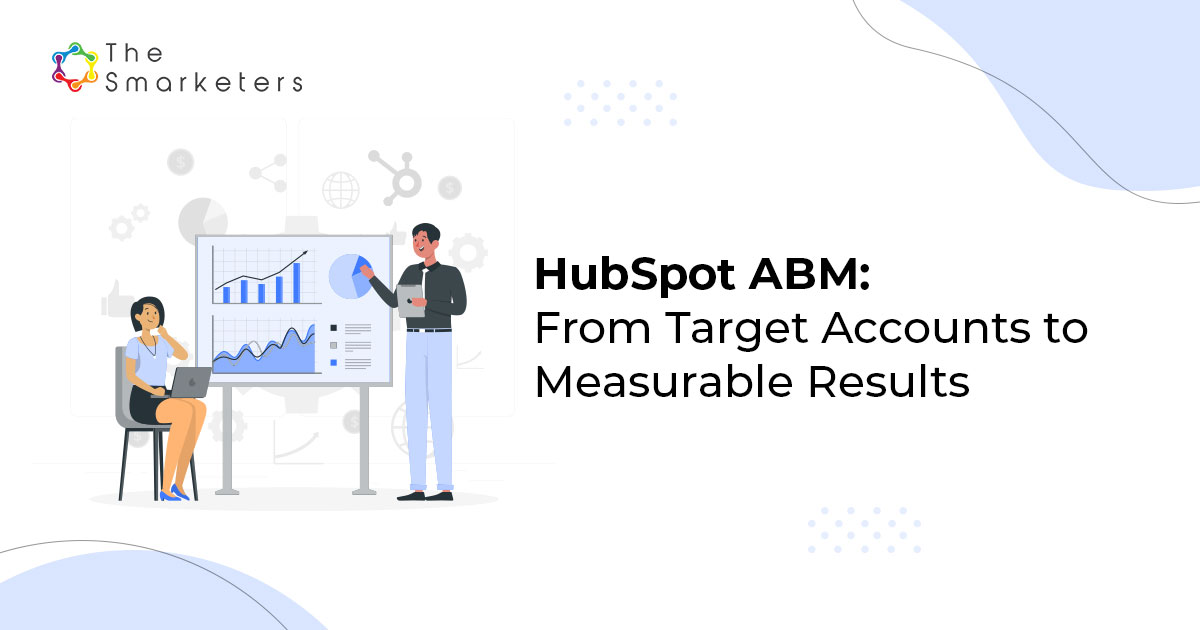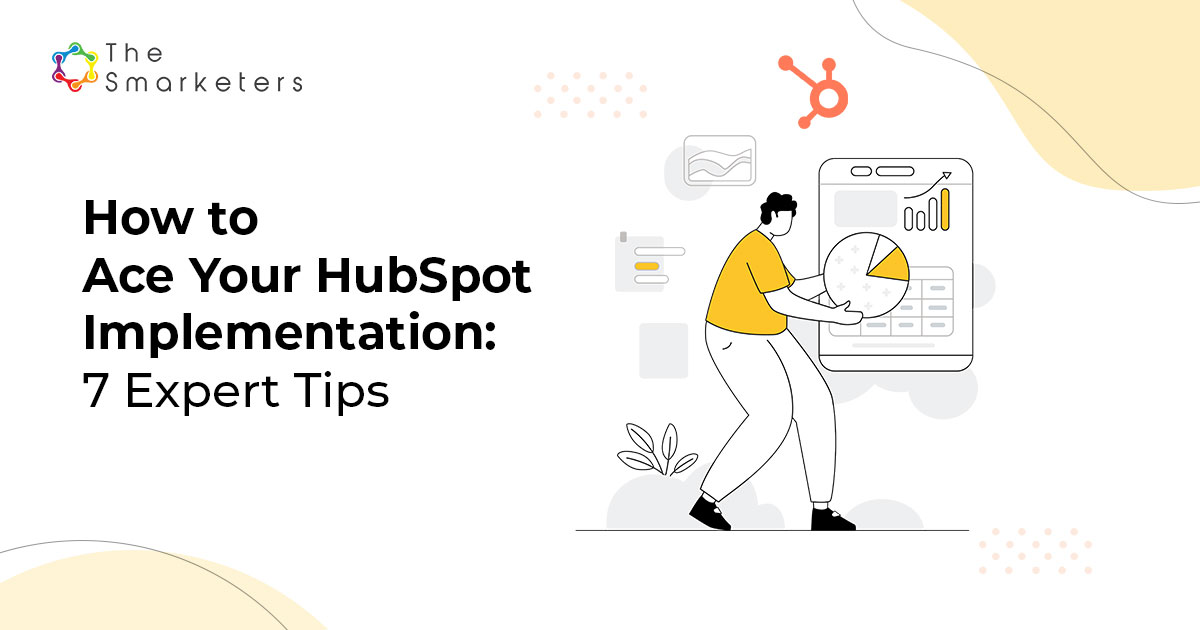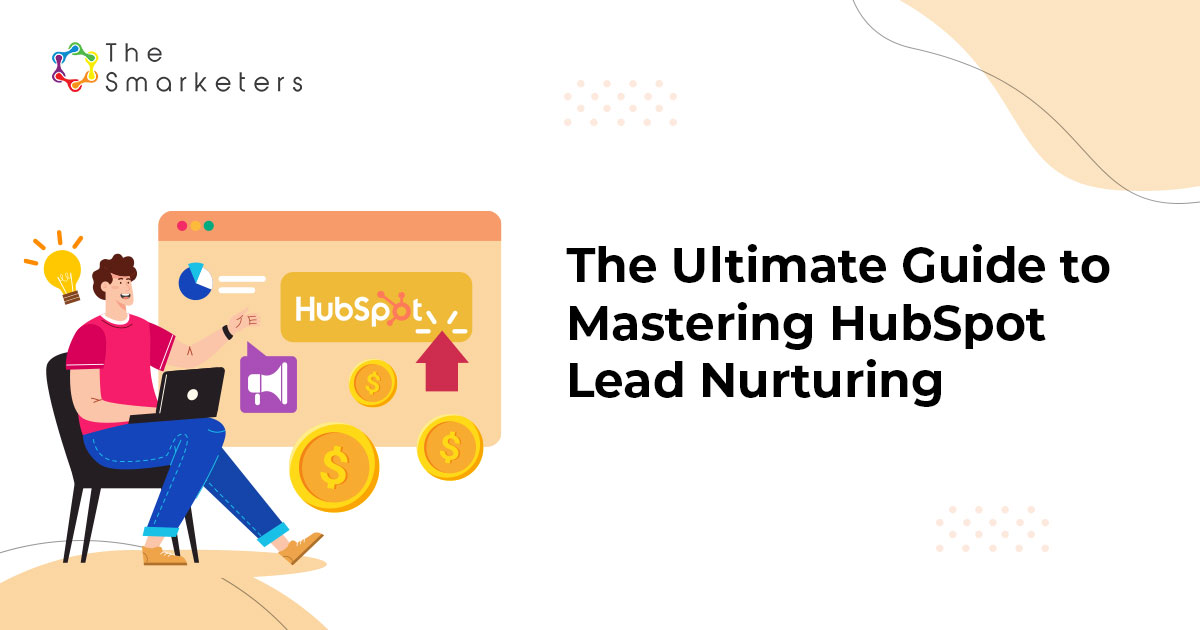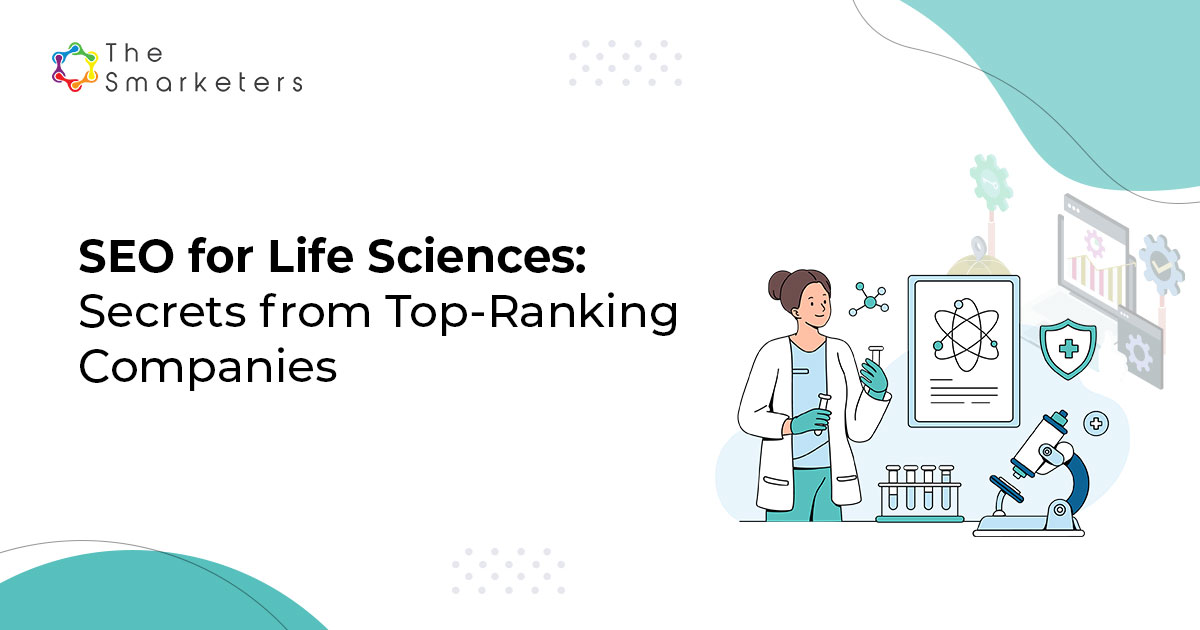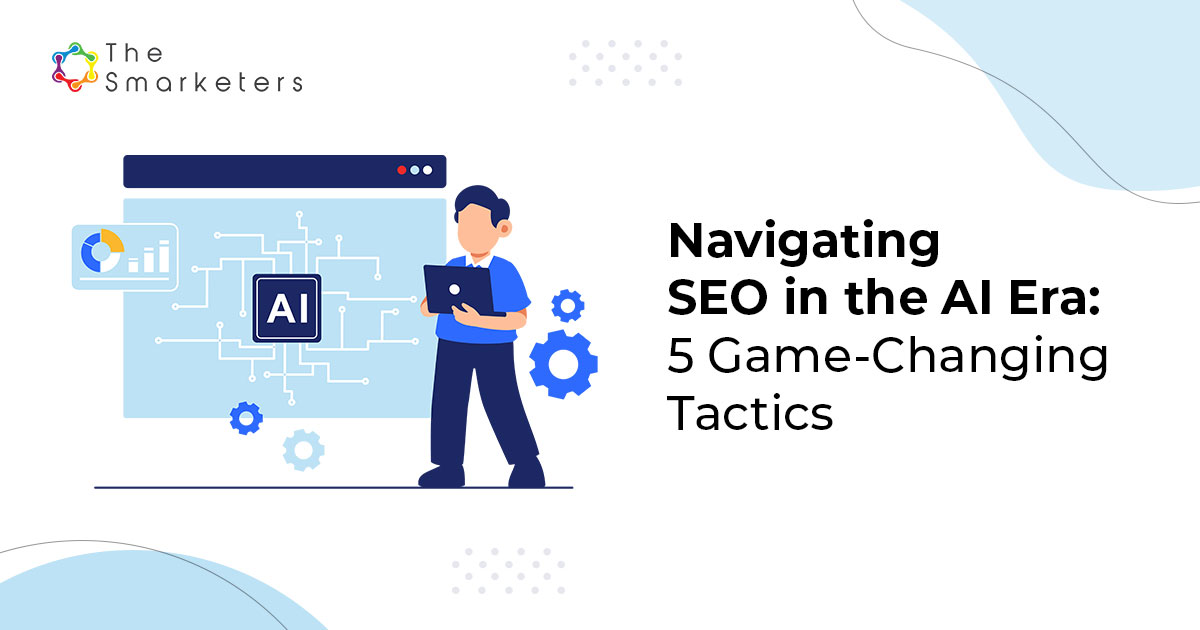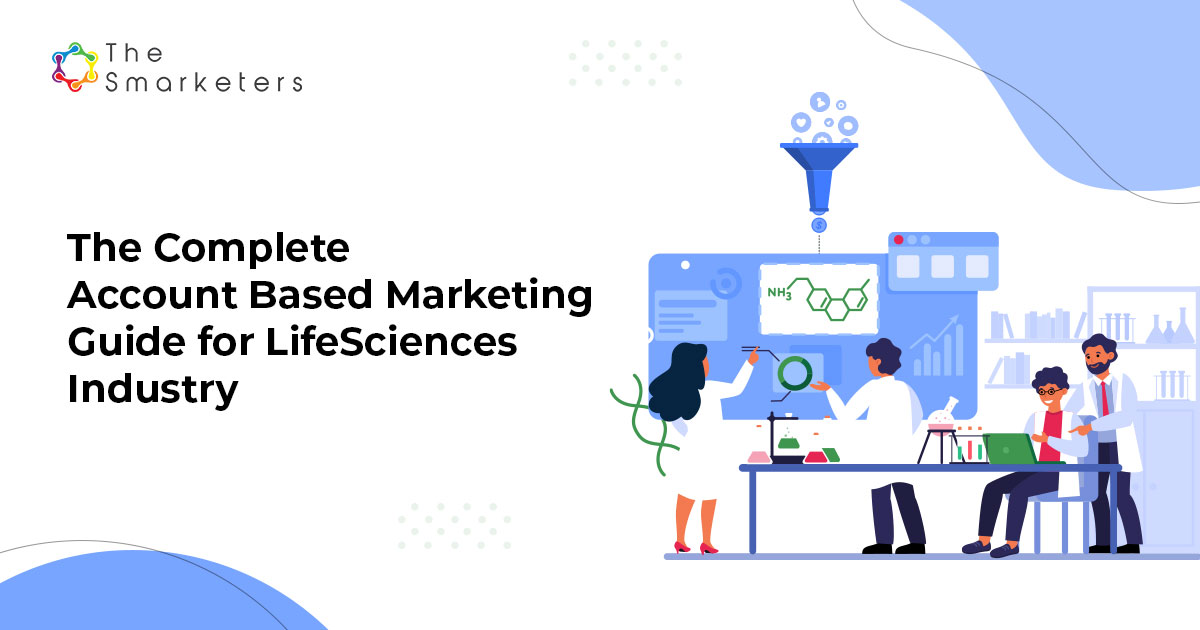Welcome to the exciting world of Account-Based Marketing (ABM) in the HealthTech industry! In this era of personalized experiences and targeted outreach, ABM has emerged as a game-changer for healthcare software companies looking to revolutionize their marketing strategies. With its focus on identifying and engaging key decision-makers within healthcare organizations, ABM is redefining how HealthTech companies connect with their most valuable prospects.
In this blog post, we will explore the top use cases for ABM in the HealthTech sector, highlighting how it enables businesses to effectively target decision-makers, personalize content and messaging for better engagement, and nurture long-term relationships with key accounts. So fasten your seatbelts as we dive into the world of ABM tailored specifically for HealthTech!
But first, let’s understand what Account-Based Marketing is all about. Shall we?
The Importance of ABM in the HealthTech Industry
The HealthTech industry is rapidly evolving, with new advancements in healthcare software and technologies being introduced every day. In such a competitive landscape, it becomes crucial for companies to effectively reach their target audience and stand out from the crowd. This is where Account-Based Marketing (ABM) comes into play.
ABM enables HealthTech companies to focus their marketing efforts on specific accounts or organizations that have the highest potential for conversion. By targeting key decision-makers in healthcare organizations, ABM allows companies to tailor their messaging and content to address the specific pain points of these individuals.
Personalization is a key aspect of successful ABM campaigns in the HealthTech industry. By understanding the unique challenges faced by different healthcare organizations, companies can create highly personalized content that resonates with their target audience. This level of personalization not only improves engagement but also increases the chances of converting leads into customers.
Moreover, ABM helps build long-term relationships with key accounts in the HealthTech sector. Instead of solely focusing on acquiring new customers, ABM emphasizes nurturing existing relationships and ensuring customer satisfaction over time. By continually engaging with key accounts through targeted communication strategies, companies can strengthen trust and loyalty among their customer base.
Implementing ABM in the HealthTech industry requires careful planning and execution. It’s important to identify high-value accounts based on factors like revenue potential or strategic fit before designing your campaign strategy. Additionally, leveraging data analytics and marketing automation tools can greatly enhance your ability to track campaign performance and make data-driven decisions.
In conclusion,
Account-Based Marketing has become increasingly important in driving success within the HealthTech industry. By targeting key decision-makers, personalizing content and nurturing long-term relationships with key accounts, companies can unlock significant growth opportunities while establishing themselves as trusted partners within this dynamic sector.
Use Case 1: Targeting Key Decision-Makers in Healthcare Organizations
In the fast-paced world of healthcare technology, it’s crucial to identify and target the key decision-makers within healthcare organizations. By leveraging Account-Based Marketing (ABM), HealthTech companies can effectively reach these individuals and maximize their chances of success.
With ABM, you can create personalized campaigns that speak directly to the unique needs and challenges faced by these decision-makers. By tailoring your messaging to resonate with their pain points, you have a better chance of capturing their attention and gaining their trust.
One way to achieve this is by conducting thorough research on each target account. Understand their organizational structure, hierarchy, and specific roles held by key decision-makers. This knowledge will allow you to tailor your content specifically for them.
Once armed with this information, you can develop targeted marketing strategies such as creating relevant content assets like whitepapers or case studies that address the specific pain points faced by these decision-makers. By positioning yourself as a trusted advisor who understands their challenges, you increase your chances of successfully engaging them.
Furthermore, it’s important to leverage various channels for reaching out to key decision-makers in healthcare organizations. This could include email marketing campaigns or attending industry-specific events where they are likely present. Personalization should be at the forefront here too – make sure your message stands out from generic outreach efforts.
By implementing ABM strategies targeting key decision-makers in healthcare organizations effectively and personalizing your approach accordingly ensures that HealthTech companies stand out from competitors while fostering meaningful relationships with potential clients without missing opportunities along the way.
Use Case 2: Personalizing Content and Messaging for Better Engagement
Use Case 2: Personalizing Content and Messaging for Better Engagement
In the competitive world of HealthTech, it’s crucial to stand out and capture the attention of your target audience. One effective way to do this is through personalization. By tailoring content and messaging specifically to each individual account, you can create a more meaningful connection that resonates with their unique needs and challenges.
When implementing ABM in HealthTech, personalization becomes even more essential. With a deep understanding of your key accounts, you can craft compelling messages that address their pain points directly. Whether it’s showcasing how your healthcare software solves a specific problem or highlighting relevant case studies, personalized content grabs attention and engages decision-makers on a deeper level.
But personalization goes beyond just addressing names in an email or including company logos in marketing materials. It involves diving deeper into each account’s preferences, interests, and goals to deliver tailored experiences consistently across multiple touchpoints.
By leveraging data-driven insights from various sources like CRM systems or website analytics, you can gather valuable information about each account’s behavior and preferences. This allows you to not only personalize initial outreach but also customize ongoing interactions throughout the customer journey.
For example, if an account has shown interest in telehealth solutions during previous engagements, you can provide them with targeted resources such as whitepapers or webinars focused specifically on telemedicine advancements. By delivering highly relevant content at every stage of the buying cycle based on their unique needs and interests, you increase engagement significantly.
Personalized messaging also helps build trust between your brand and key accounts. When prospects feel understood by your organization because they receive tailored communications that speak directly to their pain points – they are more likely to view you as a trusted advisor rather than just another vendor trying to make a sale.
To achieve successful personalization within ABM for HealthTech organizations should invest in technologies like marketing automation platforms that enable dynamic content creation at scale while ensuring consistent delivery across channels. By leveraging these tools, you can automate the personalization process and
Use Case 3: Nurturing Long-Term Relationships with Key Accounts
Use Case 3: Nurturing Long-Term Relationships with Key Accounts
One of the key benefits of Account-Based Marketing (ABM) in the HealthTech industry is its ability to nurture long-term relationships with key accounts. In this use case, ABM strategies are employed to build and strengthen connections with important clients, ensuring their continued loyalty and partnership.
To achieve this, HealthTech companies can utilize personalized content and messaging tailored specifically for each account. By understanding the unique needs and challenges faced by these clients, targeted messages can be crafted to address their pain points effectively. This level of personalization creates a sense of value and demonstrates that the company truly understands their specific requirements.
Furthermore, nurturing long-term relationships involves ongoing engagement beyond just the initial sale. Regular communication through various channels such as emails, newsletters, webinars or even face-to-face meetings helps to maintain open lines of communication with key accounts. It allows HealthTech companies to provide updates on new products or services that may benefit their clients while also providing an opportunity for feedback or input from these valued customers.
In addition to regular communication efforts, it is crucial for HealthTech companies to continuously deliver exceptional customer service throughout the entire lifecycle of the relationship. This includes providing timely support when issues arise and going above and beyond in addressing any concerns or inquiries from key accounts promptly.
By employing ABM strategies focused on nurturing long-term relationships with key accounts, HealthTech companies can establish themselves as trusted partners rather than simply vendors. This not only increases customer satisfaction but also leads to higher retention rates and potential upselling opportunities in the future.
Implementing ABM practices within the HealthTech industry enables companies to prioritize building strong connections with key accounts over broad-scale marketing tactics. By utilizing personalized content and maintaining ongoing engagement along with excellent customer service standards throughout a client’s journey, businesses can foster long-lasting partnerships built on trust and mutual value creation.
Best Practices for Implementing ABM in HealthTech
Best Practices for Implementing ABM in HealthTech
When it comes to implementing Account-Based Marketing (ABM) in the HealthTech industry, there are a few best practices that can help you achieve success. Here are some key strategies to consider:
1. Define your target accounts: Start by identifying your ideal customer profile and create a list of high-value accounts that align with your business objectives. This will allow you to focus your efforts on the accounts that have the highest potential for revenue growth.
2. Collaborate with sales: ABM is all about alignment between marketing and sales teams. Work closely with your sales counterparts to develop account-specific strategies and ensure consistent messaging throughout the buyer’s journey.
3. Personalize content and messaging: Tailor your content and messaging to address the specific pain points, challenges, and goals of each target account. This level of personalization shows that you understand their unique needs, building trust and increasing engagement.
4. Leverage technology: Take advantage of marketing automation platforms and customer relationship management (CRM) systems to streamline processes, track interactions, and gain valuable insights into account behavior.
5. Measure results: Regularly monitor key metrics such as engagement rates, pipeline velocity, conversion rates, and revenue generated from targeted accounts. Use this data to refine your strategy over time for maximum effectiveness.
By following these best practices for implementing ABM in HealthTech, you can enhance customer relationships, drive business growth, and stay ahead in an ever-evolving industry.
Conclusion
Conclusion
In today’s competitive HealthTech industry, Account-Based Marketing (ABM) has become a crucial strategy for success. By targeting key decision-makers, personalizing content and messaging, and nurturing long-term relationships with key accounts, HealthTech companies can effectively engage their target audience and drive business growth.
ABM allows HealthTech organizations to focus their resources on high-value accounts that have the potential for significant revenue generation. By identifying these key decision-makers within healthcare organizations, companies can tailor their marketing efforts to meet the specific needs and challenges of each individual account.
Personalization is essential in today’s digital landscape, where customers are bombarded with generic messages. ABM enables HealthTech companies to create personalized content and messaging that resonates with their target audience. This approach leads to better engagement and ultimately increases the chances of converting prospects into loyal customers.
Nurturing long-term relationships is vital in the HealthTech industry, where trust plays a significant role in customer loyalty. ABM allows companies to build strong connections with key accounts by consistently providing valuable information, support, and solutions throughout their customer journey.
When implementing ABM in the HealthTech sector, it is essential to follow best practices for optimal results. These include conducting thorough research on target accounts, aligning sales and marketing teams’ efforts for seamless collaboration, leveraging data analytics for insights-driven strategies, utilizing technology platforms designed specifically for ABM campaigns.
By embracing Account-Based Marketing strategies tailored specifically for the unique challenges faced by healthtech companies as well as following best practices outlined above will allow your organization stand out from competitors while driving measurable growth through attracting more qualified leads or closing deals faster than ever before!
So why wait? Start incorporating ABM into your healthtech company’s marketing strategy today! Take advantage of this powerful approach to better connect with your target audience – ultimately leading to increased revenue opportunities and overall success in this highly competitive industry.



